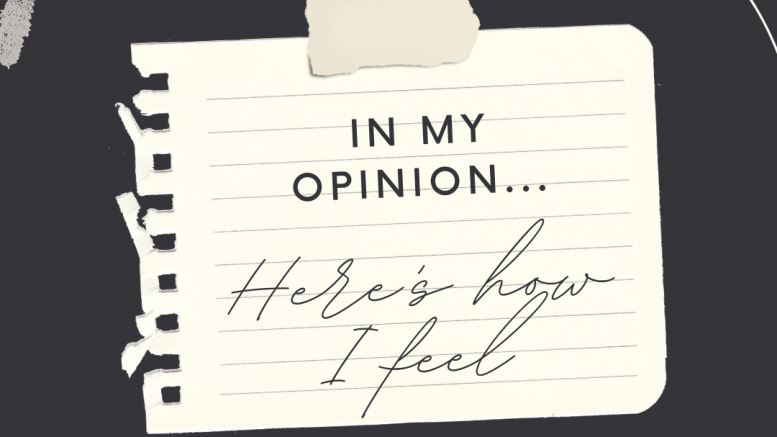By Leila May ’22, guest writer
As the weeks narrowed before graduation, I started to pack up my belongings—winter clothes, uneaten food and of course, books I had finished reading. Stuffed in the largest size of a flimsy grey department store bag, I tossed nearly 30 books in the trunk to send home with my parents. Up until that moment, I hadn’t realized how much I was reading this semester, or how many stories had left lasting marks on me: for example, the verdant prose of Whitman and magical realms of NK Jemisin.
I’m sure most people, and even most readers, find themselves in slumps where nothing is enticing, and where the pull to shut down your brain and enjoy social media sounds much easier than cracking open a book. Only until now, in my senior year, have I found a solid schedule for reading. But with my future career as of yet undecided, I feared the loss of a literary life.
This worry soon subsided as a new opportunity arose. Perched in lawn chairs towards the warm face of the Humanities building, my friend Lauren Walters voiced the idea of a reading challenge. Pulling from famous lists like Rory Gilmore’s bookshelf or long-desired recommendations from friends and professors, we now have a stretch of more than 300 titles, spanning fiction, nonfiction and poetry. Finally, here was a way to preserve our creativity and cement ourselves as independent scholars.
Part of our process of choosing books hinged on canonical literature we’d never had an opportunity to read before (ignorance of Moby Dick haunted our dreams). Of course, just because a group of academics claimed certain books are the highest form of literature, does not necessarily mean that I will find pleasure in reading them. However, it does mean I can join a larger, worldwide, and often centuries-long conversation about this literature. Our inclusion of contemporary classics also means that we can celebrate narratives by people of color, the queer community, and others typically ignored by the canon. Our mix of the contemporary and canonical, lauded and lost to history, offers a glimpse into the vast literary spectrum.
Saddled with our new endeavor, we sought to share our discoveries, conversations, maybe even our grievances with these novels. And so, podcasting apps were downloaded, microphones were acquired, and Instagram accounts were created. Though I’m sure the beginnings of our journey will be rife with technological and logistical issues, the thread of devouring literature and communicating with each other will remain a constant.
Hopefully the project will encounter other readers and morning commuters who are interested in friendship, great literature and a continuation of education outside of an institution. The great reading race is still in its preliminary stages, but plans to explore new avenues, skills, and of course, copious amounts of laughter.
Keep an eye out for the account @L&Lread on Instagram and your preferred streaming platform.
